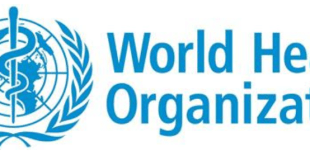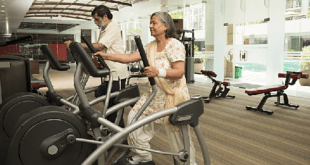Fungal infection in nipples during monsoon can steal your peace of mind. In the below article, we tell you about various signs and symptoms of it so that you can opt for the treatment to avoid severe complications.
There are many problems faced by lactating mothers. One of the most painful issues is a fungal infection in the nipples that is commonly seen during monsoon. Yes, that’s right! Nipple infection cases tend to spike in lactating mothers during the rainy season as the humidity level are high and the fungi spread quickly.
Are you aware? There are many types of fungal infections while thrush is seen in the majority of women. It happens due to the overgrowth of the Candida Albicans fungus that thrives in a dark, moist, and warm environment. This fungus is there in the body but the pathogen tends to remain harmless as good bacteria regulate its numbers. Any imbalance in the numbers of good bacteria and this fungus can lead to thrush, a fungal infection. Moreover, other reasons such as high estrogen levels in the body, oral contraceptives, anaemia, and damp nipples can double one’s chances of fungal infection in your nipples
The signs of thrush: Nipple pain after feeding, burning and itching sensation in the nipples, swelling in nipples and redness around the areola, blisters, and patches around the nipples are the red flags of it.
The treatment: After confirming fungal infection in the nipples, the doctor can advise antifungal medication, cream, gel, and ointment. Remember not to neglect it and take treatment without any delay. The treatment may vary from one woman to another. Try to follow instructions given only by the doctor and avoid self-medication. Furthermore, you need to take some measures such as keeping your breast clean and dry during monsoon, washing the breast pump properly, wash your hands thoroughly after touching the breasts, before feeding, and after changing the baby’s diaper. Tight clothes. can cause abrasions and severe discomfort in the skin around the nipples. So, wear loose cotton clothes that are comfortable and help your nipples to heal faster.
Dr Suman Bijlani, Gynaecologist obstetrician endoscopic surgeon, SRV Hospital Mumbai
 Newspatrolling.com News cum Content Syndication Portal Online
Newspatrolling.com News cum Content Syndication Portal Online






